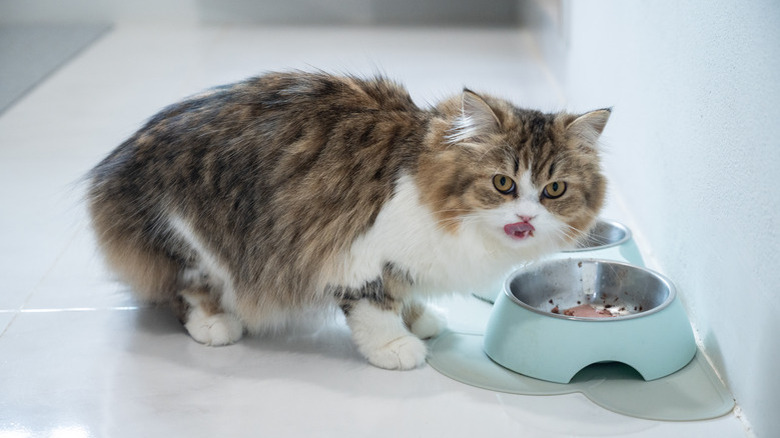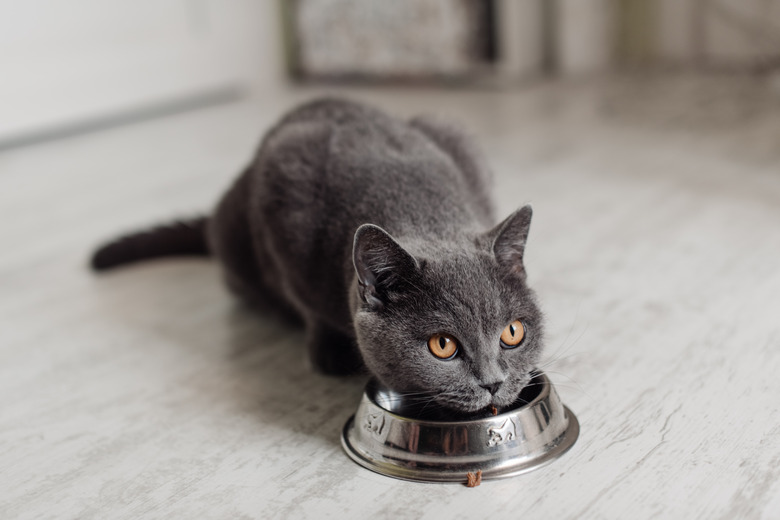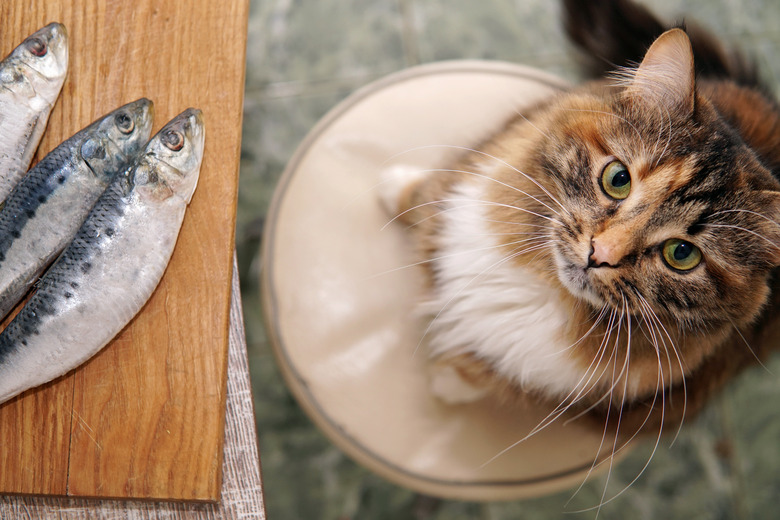Can Cats Eat Sardines?
Sardines are small, oily fish that can be used to feed cats an occasional treat. Not only will your cat love the yummy snack, but some nutrients in sardines may have health benefits, such as vitamin B12 and vitamin D. Additionally, the omega-3 fatty acid content can improve skin and coat health and may be beneficial for conditions like kidney insufficiency and heart disease. However, cat owners should know that sardines aren't always a healthy choice and must weigh the benefits against the risks for their felines.
Cats and canned sardine nutrition
Canned sardines are packed with cat-belly-filling calories and delicious fat. They also serve up minerals that include calcium, potassium, zinc, iron, magnesium, potassium, and phosphorus. Further, the fishy treats are also a significant source of B vitamins and vitamin A. However, sardines are often packed in oil that can cause problems for cats, like gastrointestinal upset. Avoid buying sardines in olive oil with herbs and spices or even tomato sauce with the intention of giving it to your cat.
Bear in mind that there's lots of sodium in each ounce of canned sardines, and consuming large amounts of salt can be toxic for cats. "Anything over one gram of salt per two pounds of body weight is cause for concern," Adam Currier, DVM, told Daily Paws. Though they do not generally suffer from hypertension-related cardiac disease, kidney disease, or gastrointestinal damage based on the amount of salt in their diet, they can still experience some negative side effects from a high-sodium diet, so treats like sardines with high salt content should be limited.
Can cats eat sardines?
Fish are easily digested, and the smell can tempt a cat with a reluctant appetite to help prevent unwanted weight loss or to add variety to your pet's diet. However, eating fish isn't a complete diet for cats and should only be used to supplement a high-quality diet of canned wet food and/or dry kibble. Limit feeding sardines or other fish to no more than two or three times per week and no more than 10% of the total diet, and take care to remove all bones before sharing sardines with your cat.
Raw sardines contain high levels of thiaminase. Thiaminase is an enzyme that breaks up the molecules of the B vitamin, thiamine, and renders it useless. As the vitamin is necessary to energy metabolism, your cat could suffer from chronic fatigue, weight loss, cardiovascular diseases, and nervous disorders. Canned sardines have been cooked, which destroys thiaminase. However, they still do not contain enough thiamine for a balanced diet. Keep in mind that thiamine is not added to canned sardines intended for humans, so do not overfeed the fishy delight to your feline.
Don't add spices or oils, as these can upset your cat's digestive system, and the taste of the fish is what these carnivores crave. (Don't feed right out of the can because that would be too many sardines and also the cat may cut a lip or tongue on the the sharp edges). Wet cat food containing sardines is the best way to add the fish to your cat's diet.
The bottom line
Remember that felines should not be fed a fish-only diet, unless it is a canned diet made specifically for cats. It is important to achieve a well-balanced diet of canned and/or dry food that is specially formulated for cats to preserve their health and immune system. Commercial cat food diets that are fish-based have nutrients added. As an occasional treat, canned and cooked sardines are fine to give to cats.


